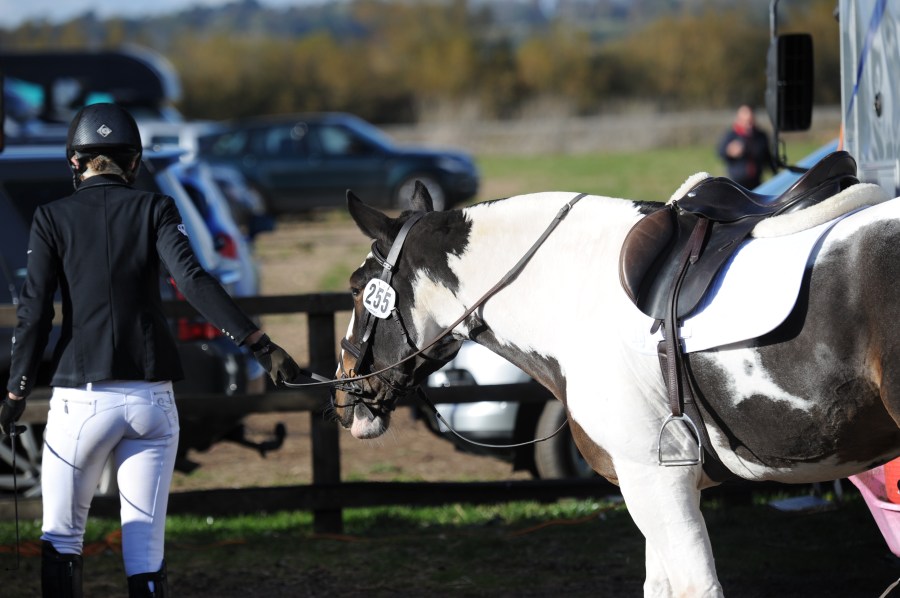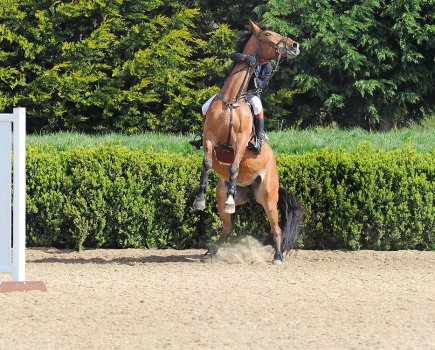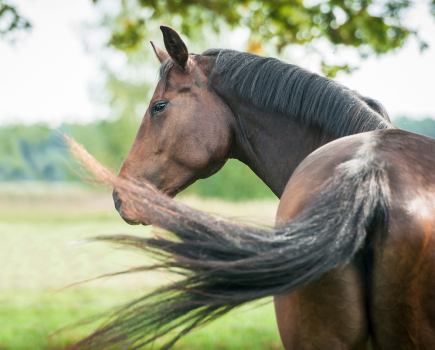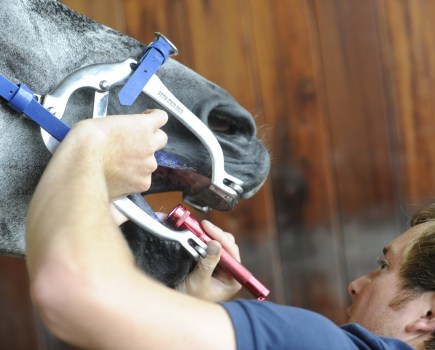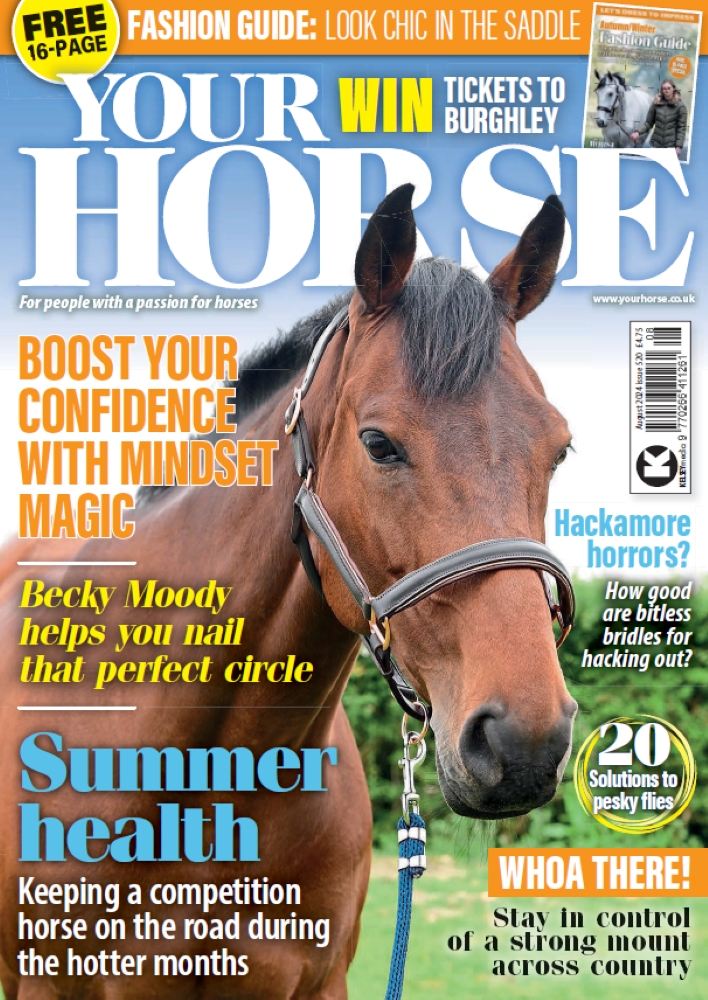No one wants to fall foul to anti-doping rules when competing, so it’s important that you know what to be aware of if you plan to take your horse out. James Pheasant, dispute resolution partner at law firm Gunnercooke, breaks down the most important facts.
There are different rules for racing and equestrian sports. However, for all equestrian sports there is a standard set of anti-doping rules. These are summarised in the members’ handbook for the discipline in which you are competing. These rules are enforced nationally by British Equestrian or, internationally, by the International Equestrian Federation (FEI).
The rules are designed to ensure both horse welfare and a level playing field, but they are very strict and there are harsh consequences if you breach them, even if it is totally unintentional. If you are riding a horse (even a borrowed one) under the rules, you are treated as the responsible person, so it is important to be aware of what goes into your horse; for example, what they have been fed and if they have had any medication, particularly in the run-up to a competition.
Testing positive?
If you get a positive test there is a range of penalties that may be issued, including a caution, disqualification, suspension, or a fine. The penalty depends on your individual circumstances. However, there is an expectation that you will minimise the risks by completing checks on any of the products your horse uses. For example, if a positive test was caused by an ingredient you should have been aware of, it is likely that you will get a higher penalty than from a positive test from a product you have bought for a number of years from a well-known, accredited and reputable manufacturer.
To sum up, it is possible that you can fall foul of the rules if you feed a horse treats containing prohibited ingredients, even if that is due to contamination. However, if you can prove the contamination and show that you took all reasonable steps to avoid a positive test, you have a good chance of avoiding a suspension.
What you must be aware of
- Make sure that you are familiar with the banned substances and controlled medication that make up the prohibited substances list. These are available on the British Equestrian and FEI websites.
- If your horse is receiving any medication in the lead up to a competition, take veterinary advice on the potential implications, including the detection and withdrawal time. Some horses will metabolise drugs more slowly than the recommended withdrawal period, so the drug may still be detected. The burden is on you to ensure that a prohibited substance isn’t present on the day of the event.
- If you are borrowing a horse, ensure that you are aware of all possible treatments and medications that have been given to the horse.
- Ask lots of questions and do research on the products that you are going to give your horse. Ensure that you keep a record of the quantities given, where and when you bought the product (this is also important if you need to investigate a positive test) and why you are giving it.
- If you purchase feed, make sure that you use reputable manufacturers who regularly test their products and are signed up to accreditation schemes, such as the British Equestrian Trade Association NOPS (Naturally Occurring Prohibited Substance) Scheme.
- If you do get a positive test or have any concerns, make sure that you speak to a lawyer who specialises in this area. There will probably be time limits that you will need to be aware of, so the sooner the better.
Meet the expert: James Pheasant is a dispute resolution partner at the law firm Gunnercooke. He boasts a background in equestrian and horseracing law. Visit gunnercooke.com

